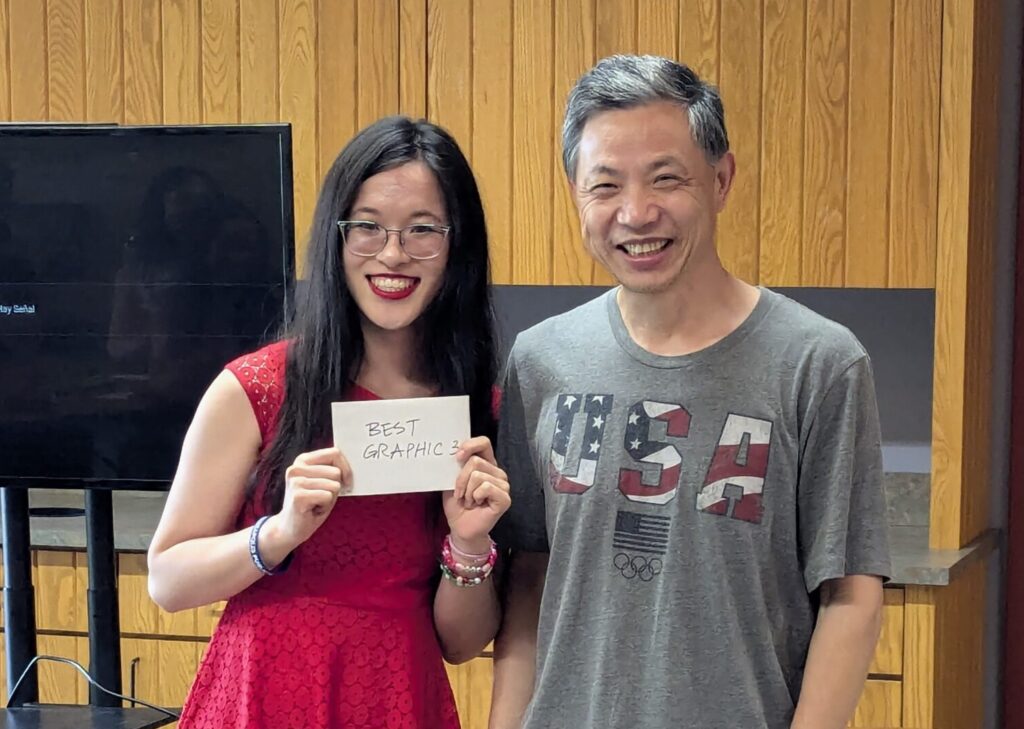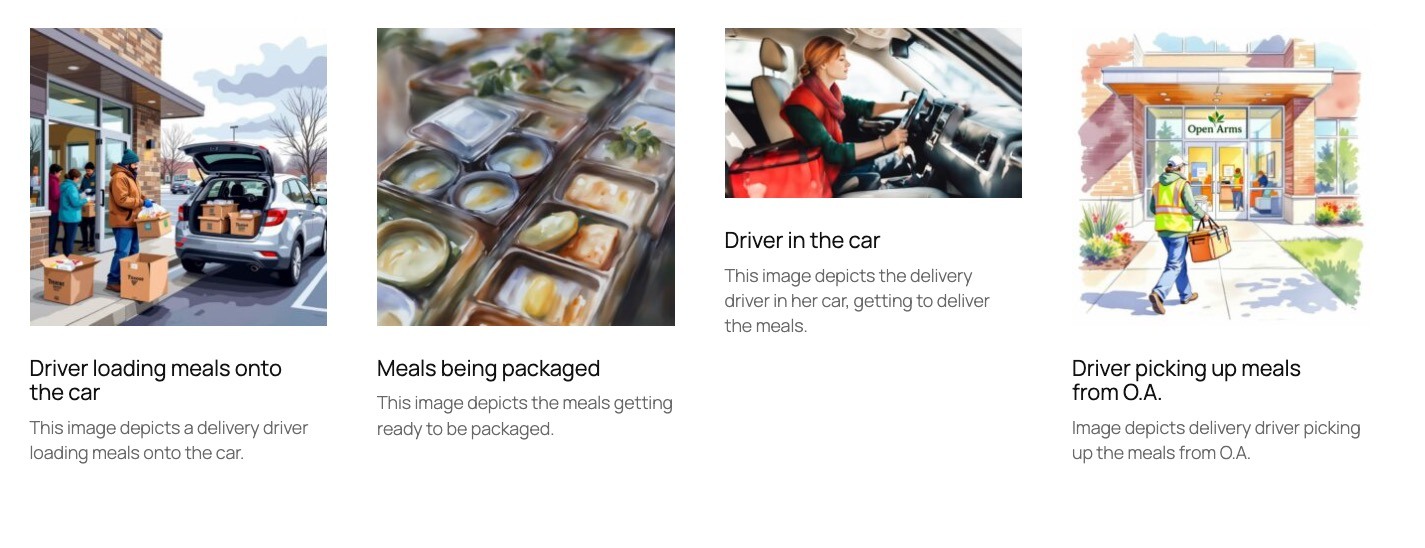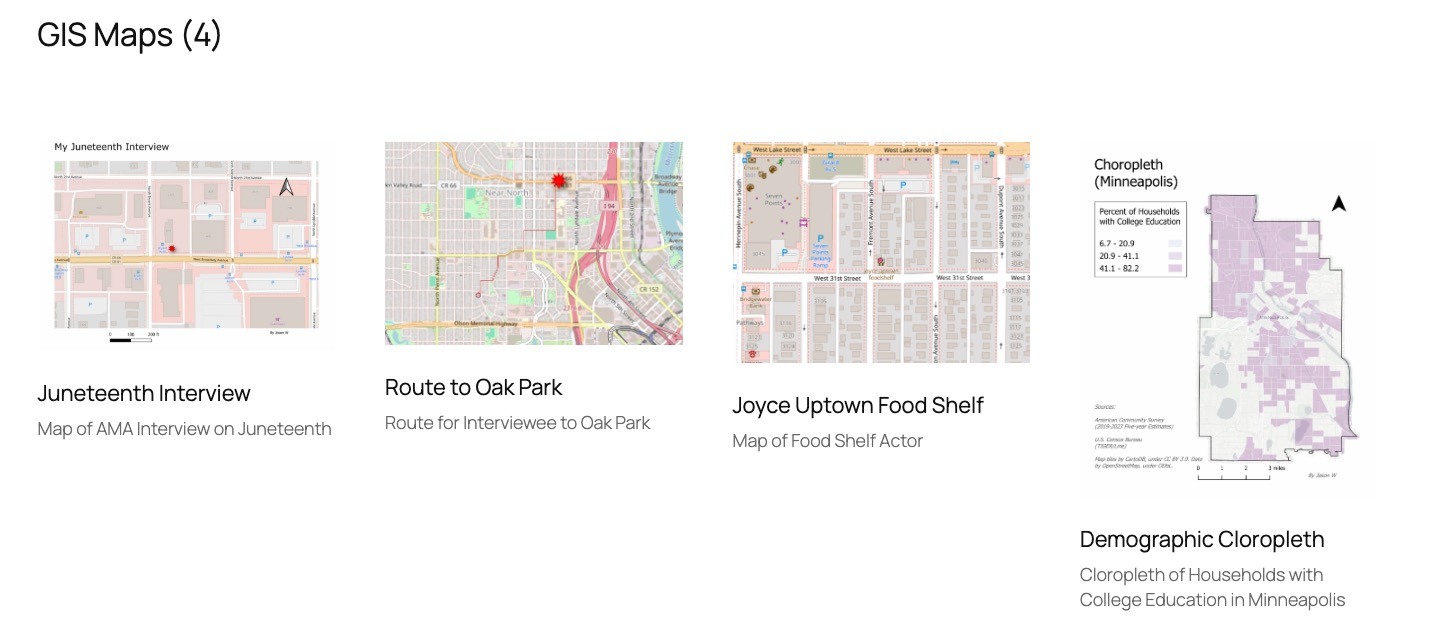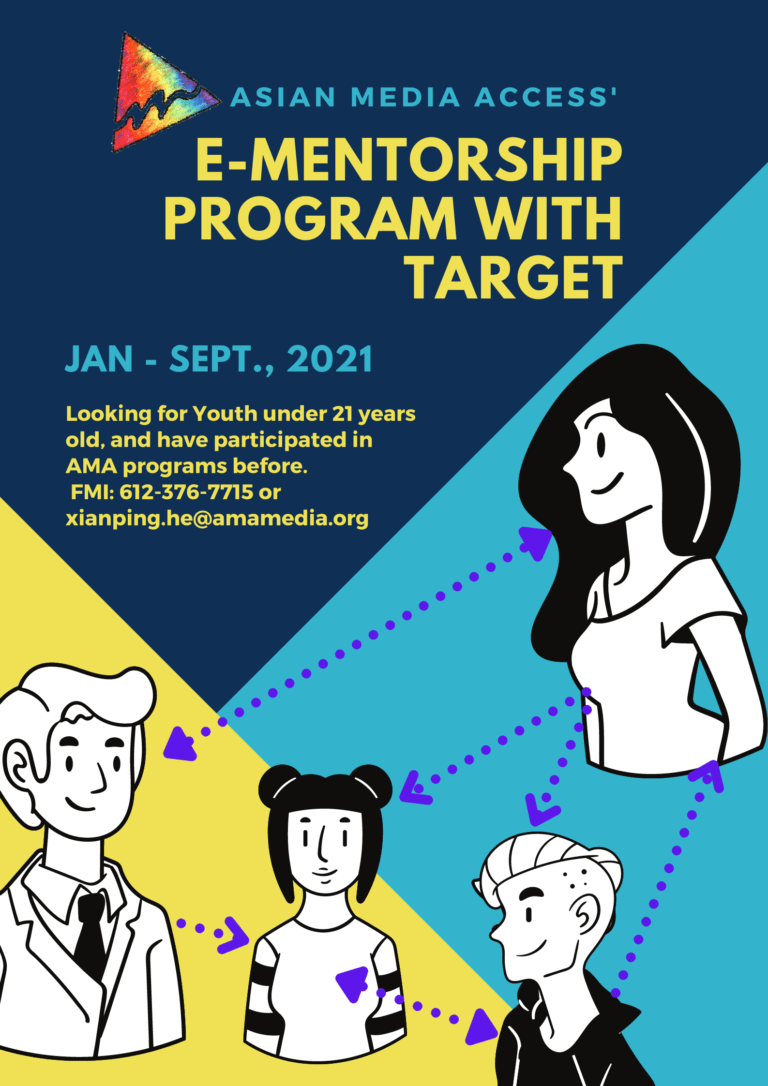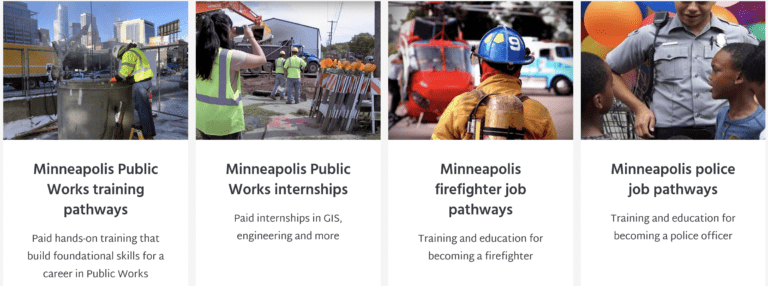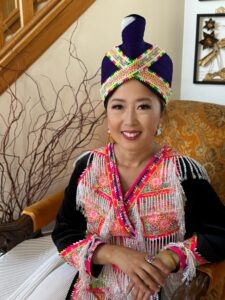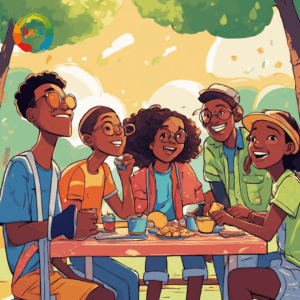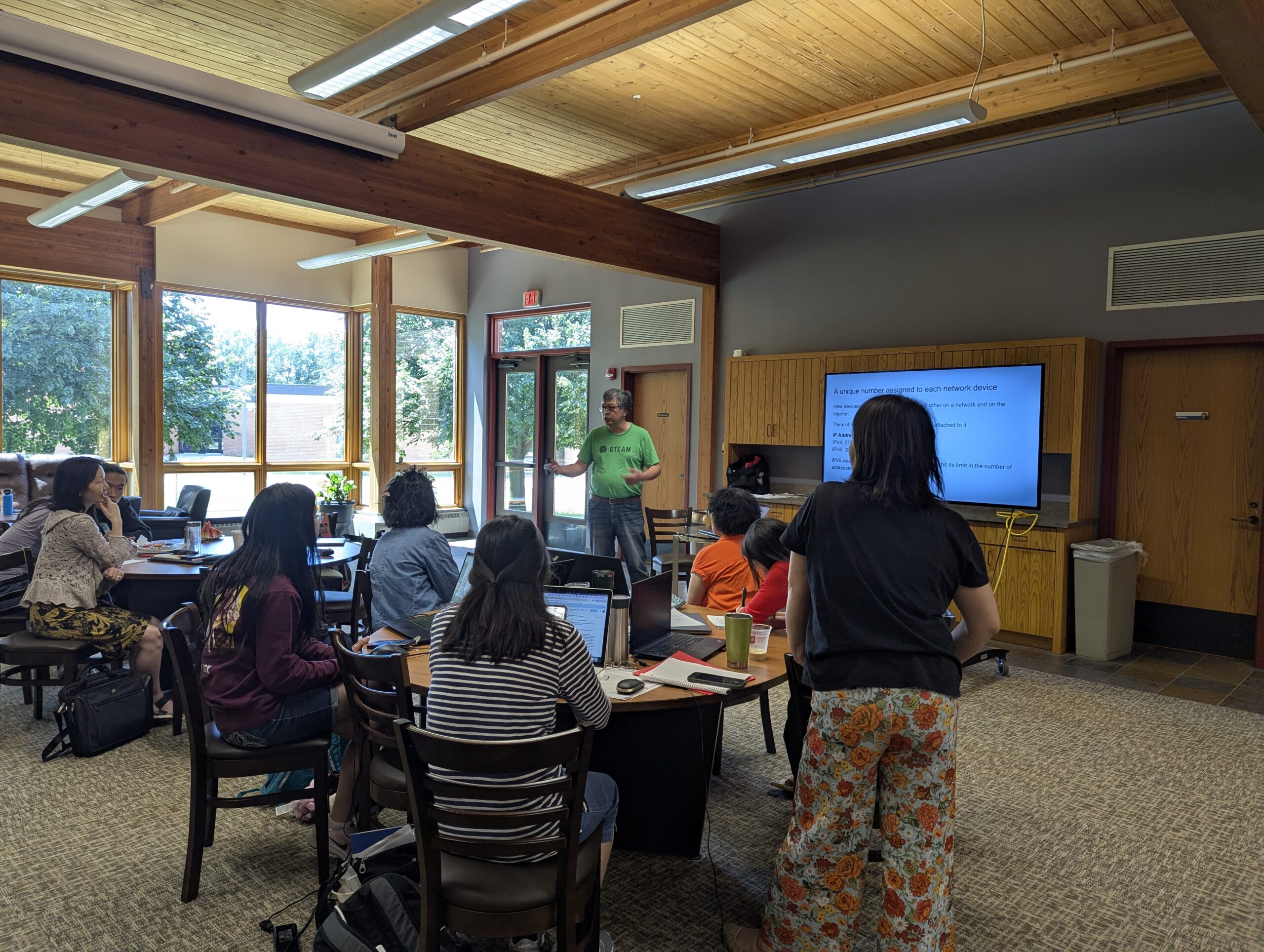 Asian Media Access (AMA) has achieved remarkable success through our comprehensive summer-long e-Magine! training program, partnering with West Metro Chinese Church to bridge digital divides and empower limited English proficiency (LEP) community members. This intensive 80-hour program transformed 28 participants from digital newcomers into confident creators, demonstrating how culturally responsive education can unlock extraordinary potential.
Asian Media Access (AMA) has achieved remarkable success through our comprehensive summer-long e-Magine! training program, partnering with West Metro Chinese Church to bridge digital divides and empower limited English proficiency (LEP) community members. This intensive 80-hour program transformed 28 participants from digital newcomers into confident creators, demonstrating how culturally responsive education can unlock extraordinary potential.
Our e-Magine! program tackled multiple skill areas simultaneously, recognizing that today’s digital advocates need diverse competencies. Participants mastered Generative AI and Digital Marketing fundamentals before advancing to specialized roles including Project Management, Data Research, and Field Interview techniques. Our curriculum expanded to include Geo Mapping, Graphic Design and Prompt Engineering, ensuring participants could create compelling visual content while learning to communicate effectively with AI tools.
Perhaps most significantly, our program integrated a real-world Service Learning Project through the SankofaPOWER Initiative. This partnership with Project Sweetie Pie connected participants to North Minneapolis community members, teaching them to conduct street interviews and gather data about food access challenges. Participants learned to ask meaningful questions while understanding the deeper context of food security as “a basis of prosperity and security for all people.”
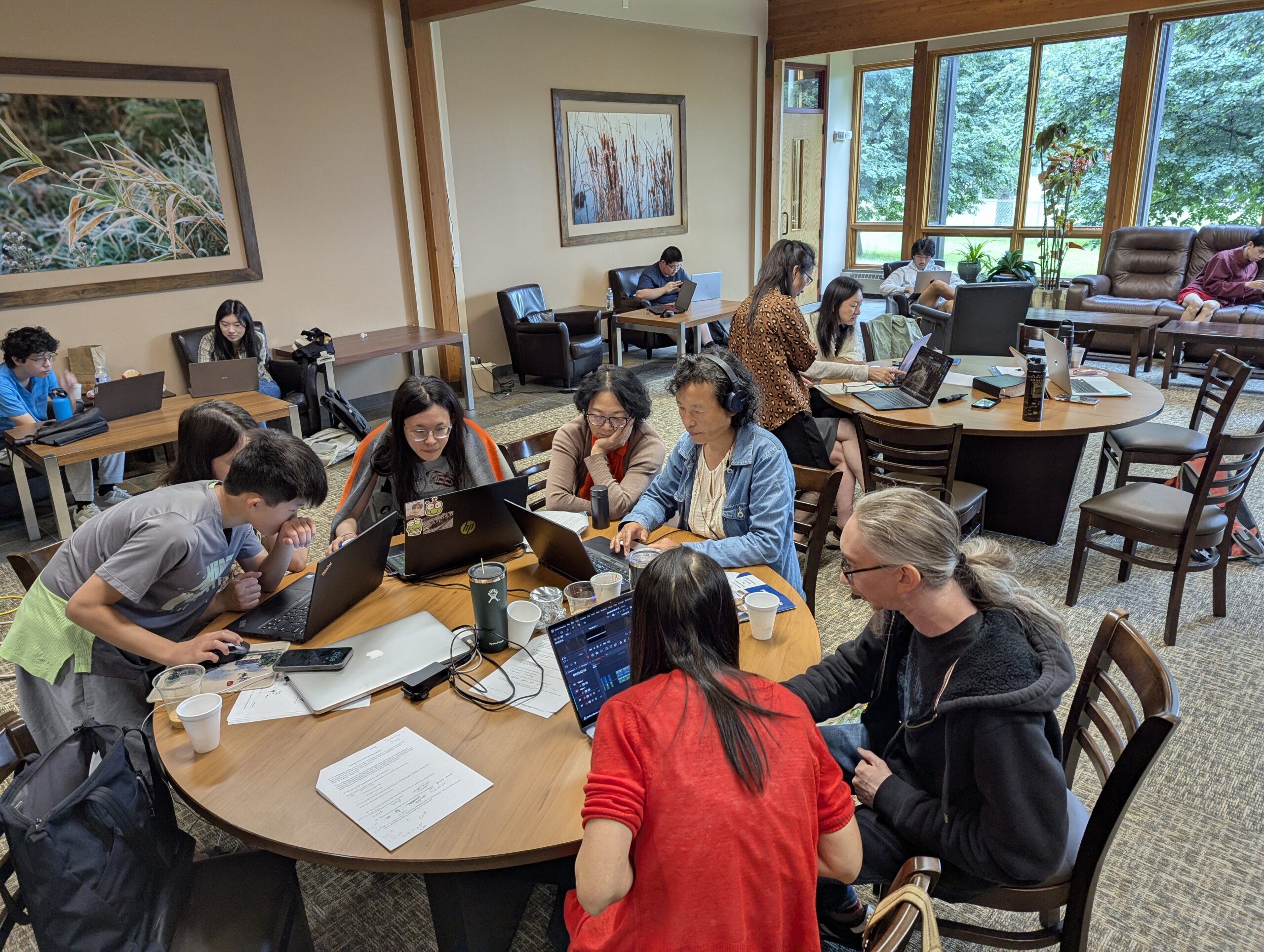 Taking these qualitative data, participants developed comprehensive GIS mapping skills, creating detailed location-based resources for various food sectors throughout North Minneapolis. Each participant chose specialization areas ranging from Community Gardens and Farmers Markets to Dining Facilities and Food Shelf, developing Food sector-specific expertise while contributing to collective community knowledge about food ecosystem in the Northside.
Taking these qualitative data, participants developed comprehensive GIS mapping skills, creating detailed location-based resources for various food sectors throughout North Minneapolis. Each participant chose specialization areas ranging from Community Gardens and Farmers Markets to Dining Facilities and Food Shelf, developing Food sector-specific expertise while contributing to collective community knowledge about food ecosystem in the Northside.
The creative output was particularly striking. Each participant developed an AI Portfolio containing 10 custom images, 4 postcards, 4 infographics, and 2 podcastings along with video interview projects, culminating in personalized eMagazines and websites. These weren’t merely academic exercises – participants created professional-quality content addressing real community needs while showcasing their newfound technical skills.
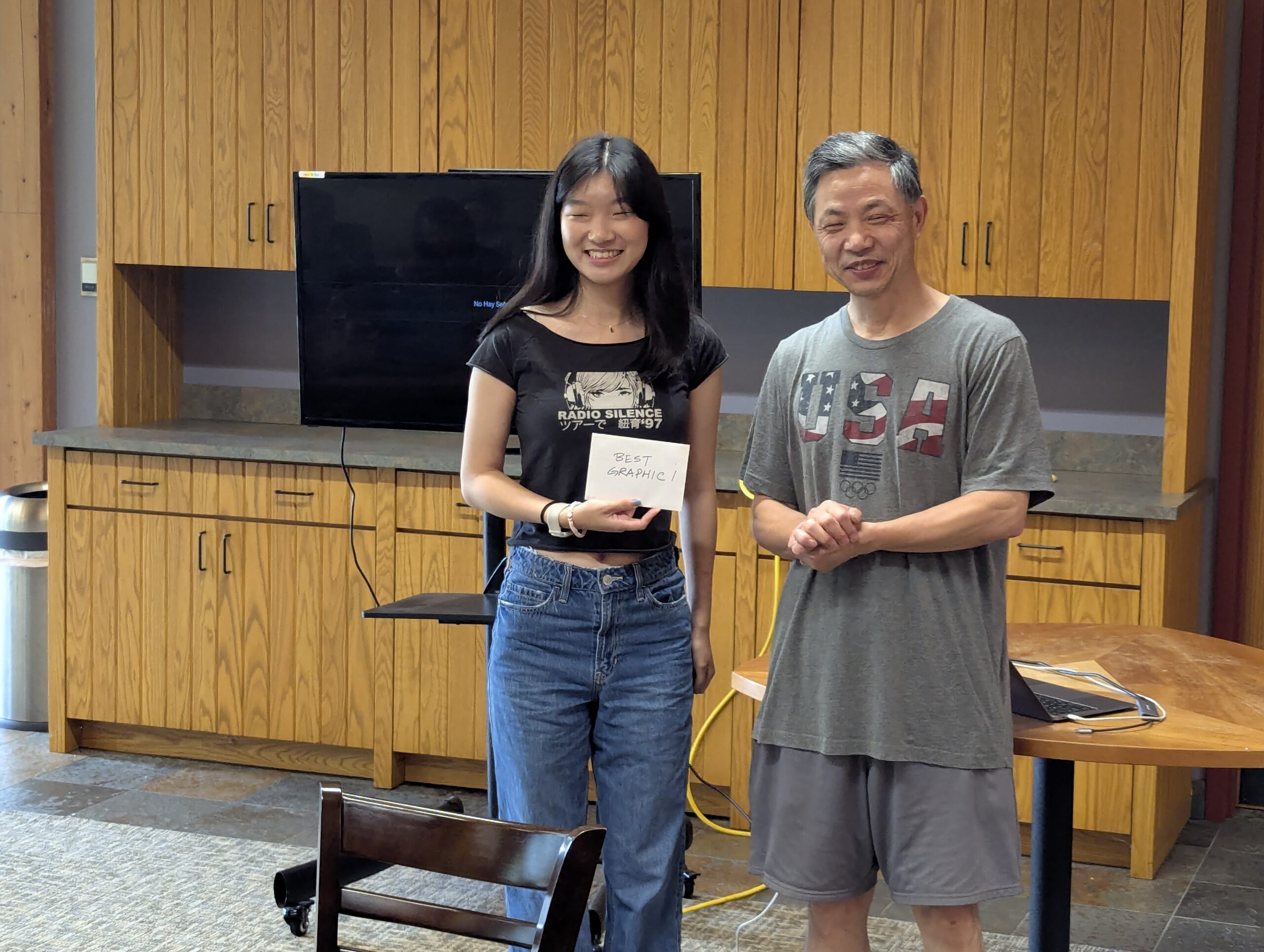 Two participants earned special recognition for exceptional work. Emily Liu received the Best Design Award for her cultural chef sector focus, praised for clear website structure, excellent information hierarchy, and thoughtful music selection in video interviews. Her work demonstrated how technical proficiency could be combined with cultural sensitivity with ethnically relevant imagery reflecting North Minneapolis contexts.
Two participants earned special recognition for exceptional work. Emily Liu received the Best Design Award for her cultural chef sector focus, praised for clear website structure, excellent information hierarchy, and thoughtful music selection in video interviews. Her work demonstrated how technical proficiency could be combined with cultural sensitivity with ethnically relevant imagery reflecting North Minneapolis contexts.
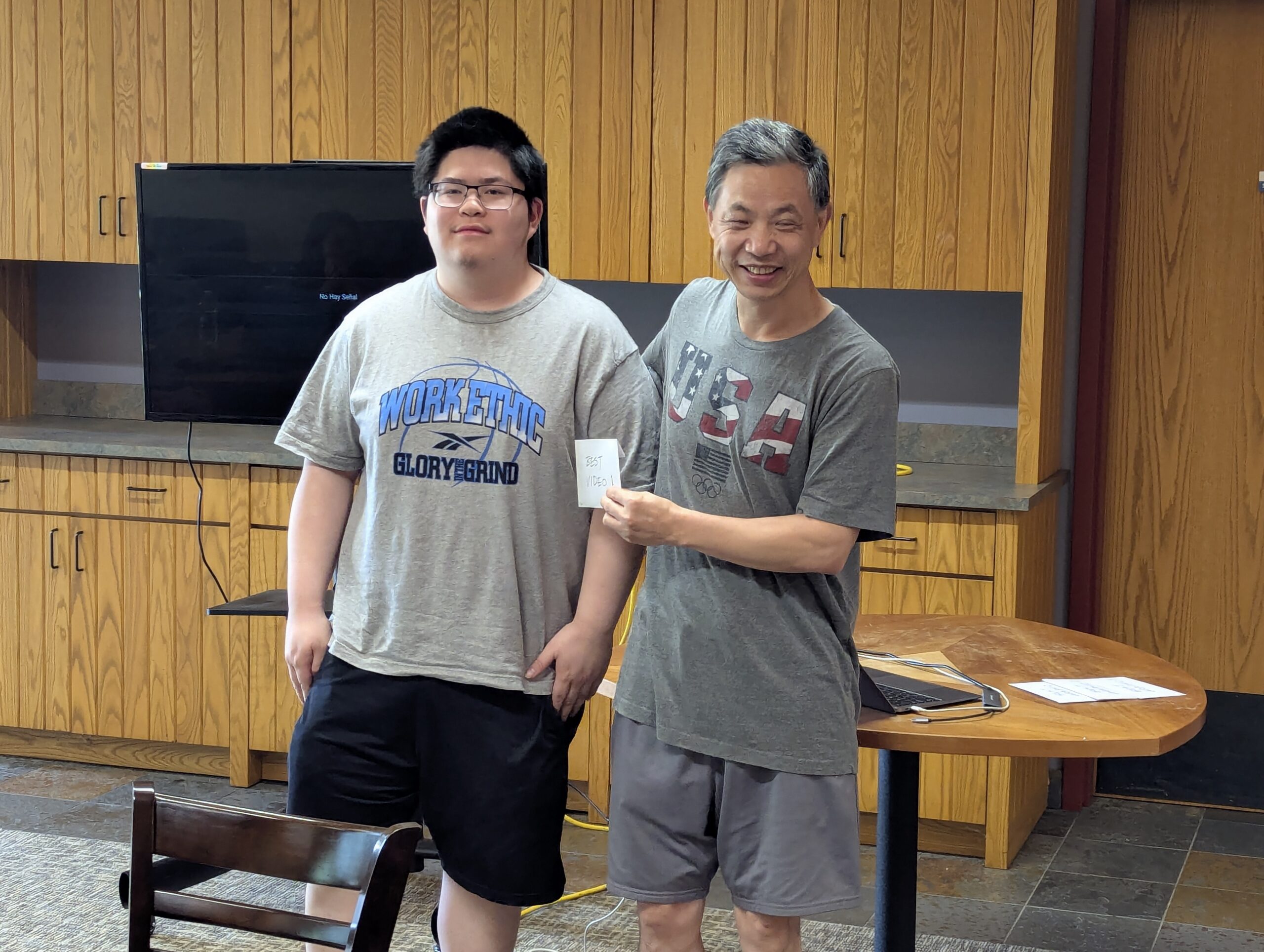
Jason Wang earned Best Video recognition for his food shelf project, creating a powerful narrative video with a dramatic opening featuring “a black girls pray with an empty bowl” then introducing through food shelf operations to a concluding “happy family meal together.” His storytelling approach demonstrated how technical skills could serve deeper advocacy purposes, showing the transformative impact of community food programs.
By combining technical training with meaningful service learning, AMA created an educational model that builds both individual capacity and community connection. Participants didn’t just learn to use digital tools — they discovered how technology can amplify their voices and serve their communities.
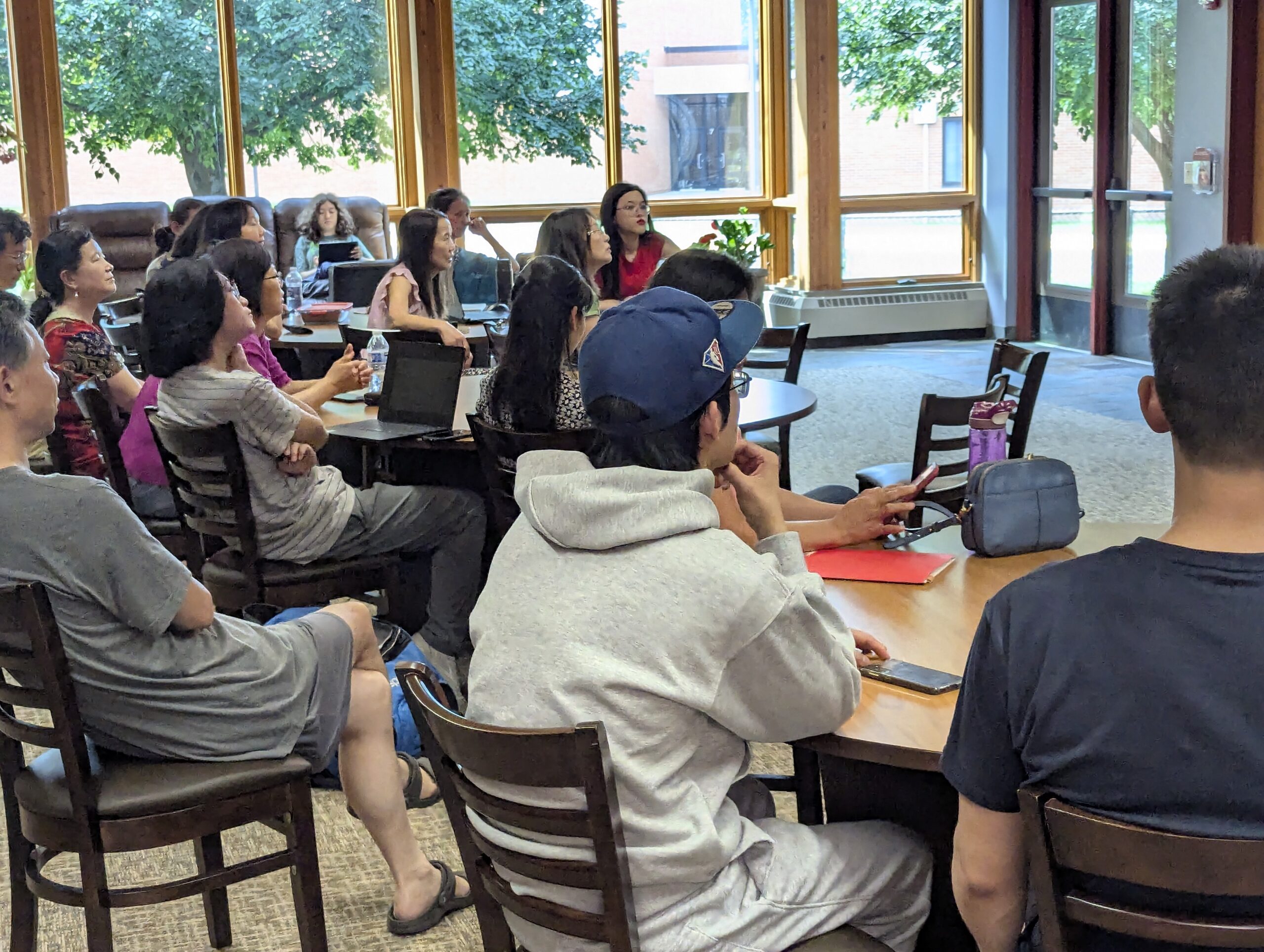 Our success story proves that language barriers need not limit digital participation. With careful curriculum development, heritage language support, culturally responsive programming and dedicated community partnerships, we can transform digital divides into bridges of opportunity, creating new generations of community advocates equipped with both cultural wisdom and technological power
Our success story proves that language barriers need not limit digital participation. With careful curriculum development, heritage language support, culturally responsive programming and dedicated community partnerships, we can transform digital divides into bridges of opportunity, creating new generations of community advocates equipped with both cultural wisdom and technological power

